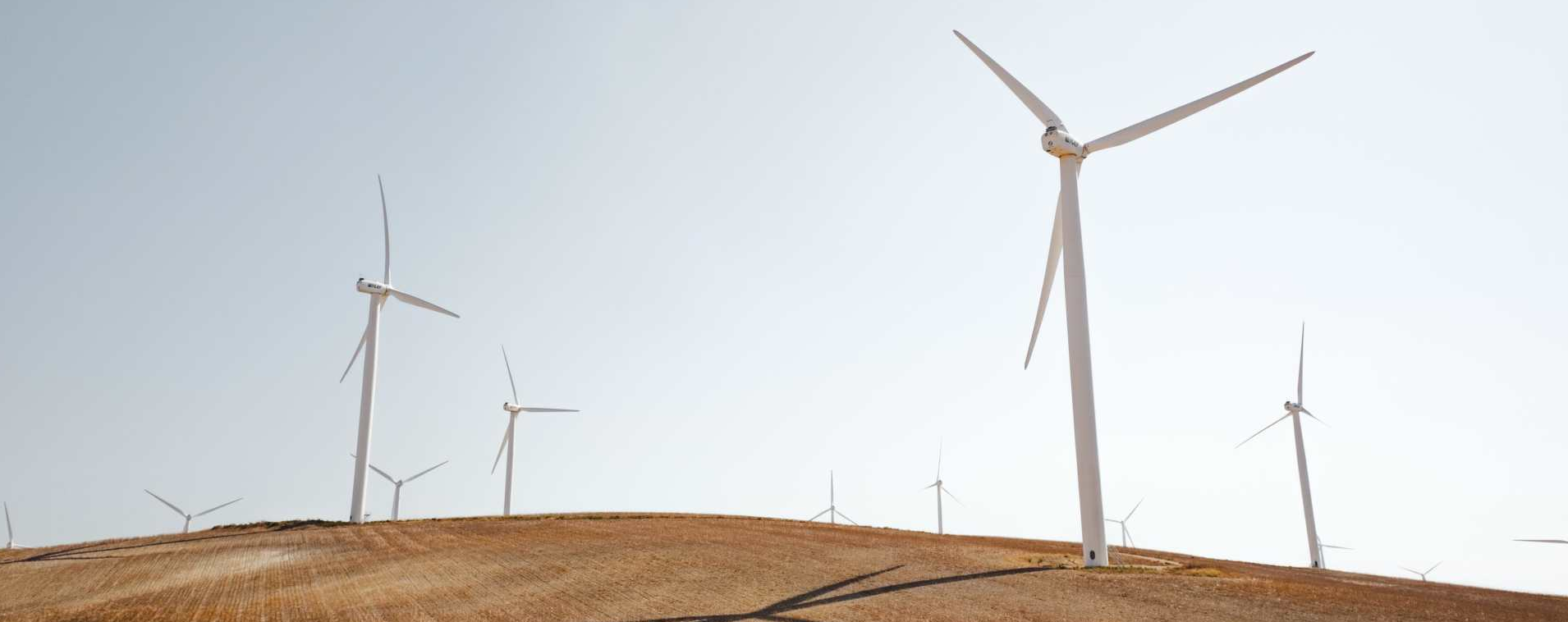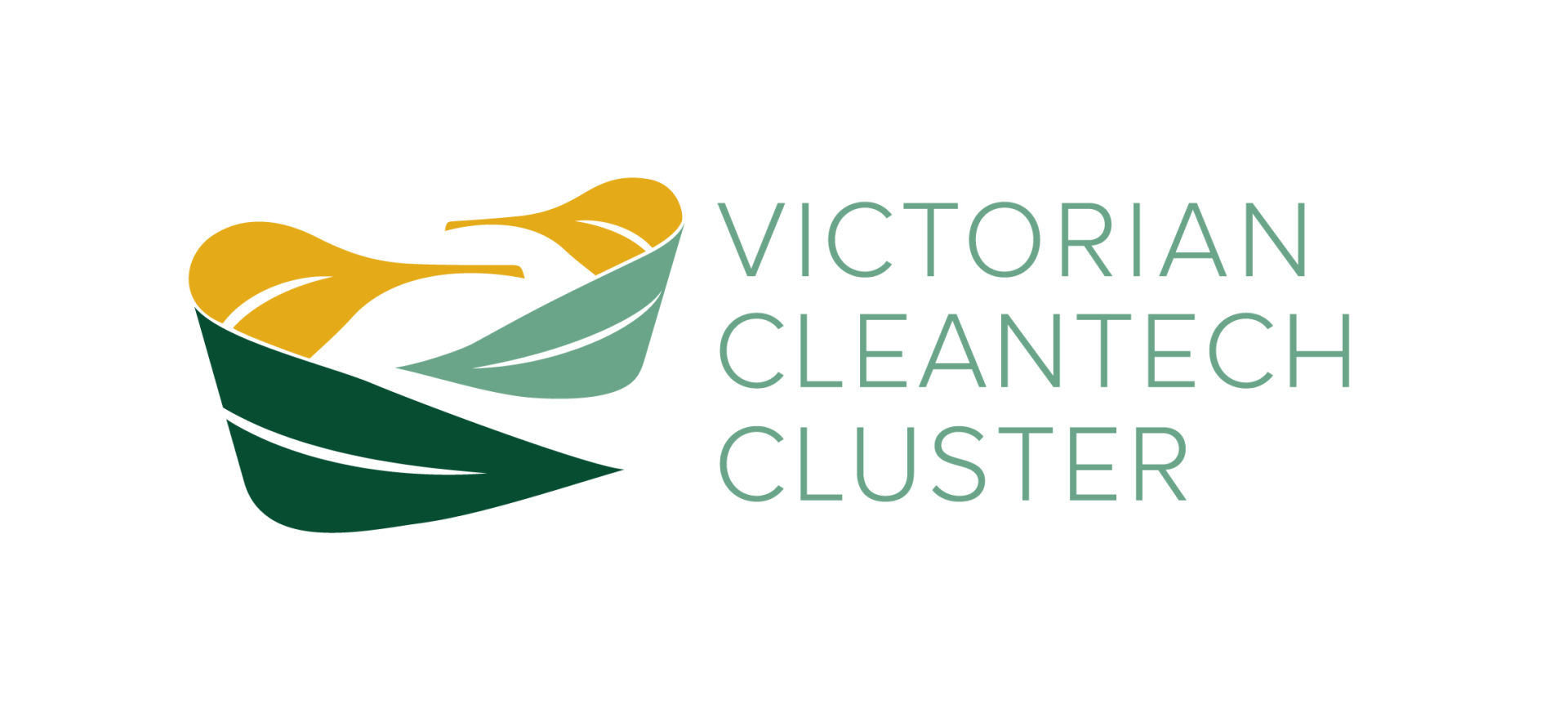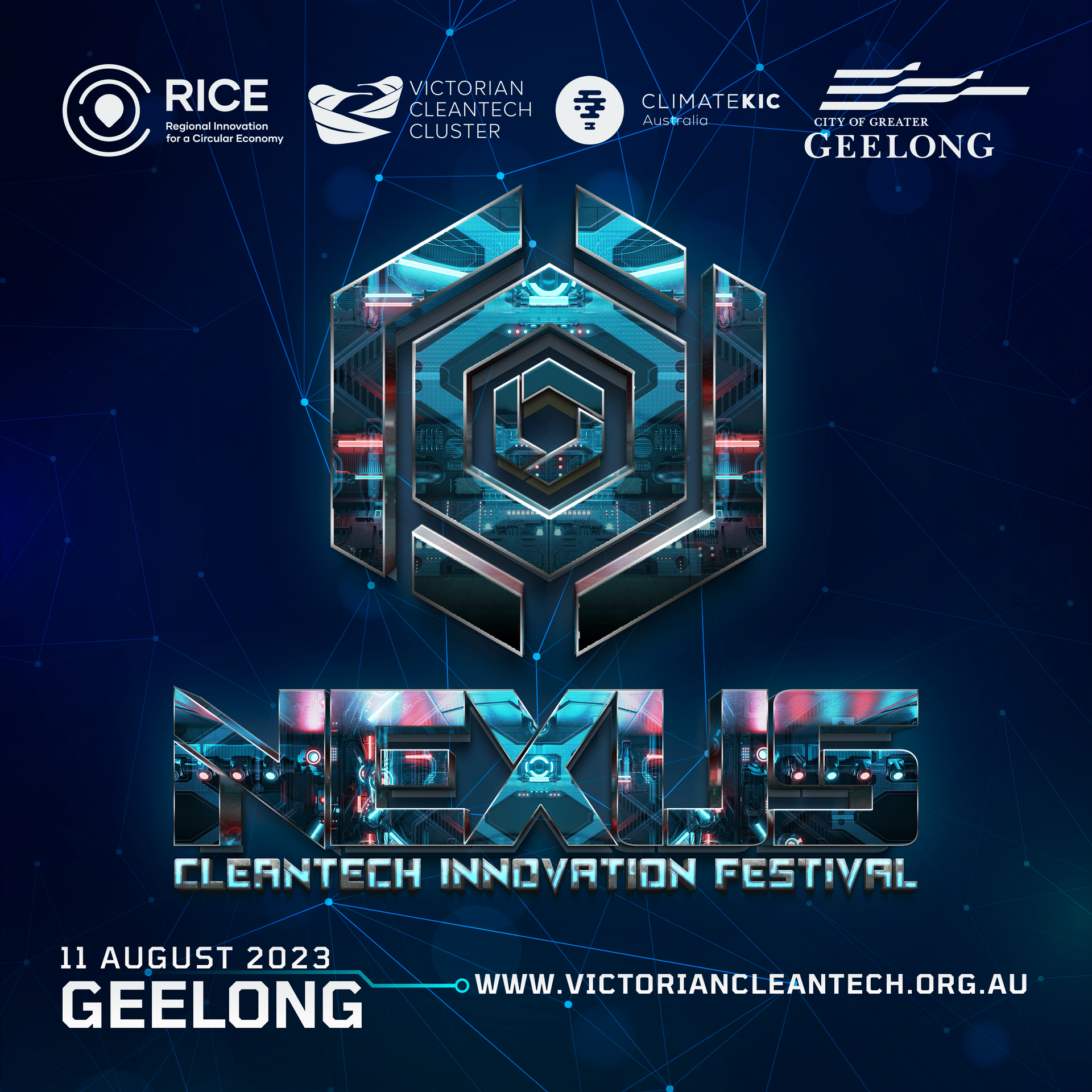News & Insights
What is Circular Economy?

Cleantech Opportunities in Recycling and Beyond
Australia's goal to double circularity by 2035 is ambitious. Australia has clear targets
which prioritize industry, Built environment, Food and Agriculture and Resources and sets sectoral enables and cross cutting objectives for the set respected priorities. For achieving this goal after governments, business would play a crucial role by innovating circular economy technologies and adapting practices.
Business are at the forefront of driving innovation in a circular Economy framework. Furthermore, they are uniquely positioned to rethink their products and processes to reduce waste, design for durability and repair, and enable product reuse, remanufacturing, and recycling. Business can support circular economy transition by thinking strategically, planning, reporting, product redesign for circularity, collaboration and partnerships along with investing in new business models.
This new policy represents a wealth of opportunity for cleantech businesses in Victoria. Recycling is a central part of the circular economy, but what exactly is the circular economy? And what role can Victorian businesses play in implementing it?
What is the Circular Economy?
The circular economy is a system where materials never become waste and nature is regenerated. In a circular economy, products and materials are kept in circulation through processes like maintenance, reuse, refurbishment, remanufacture, recycling, and composting. The circular economy tackles climate change and other global challenges, like biodiversity loss, waste, and pollution, by decoupling economic activity from the consumption of finite resources.
1) The circular economy is based on three principles, driven by design:
2) Eliminate waste and pollution
3) Circulate products and materials (at their highest value)
Regenerate nature
Underpinned by a transition to renewable energy and materials, the circular economy
is a resilient system that is good for business, people, and the environment.
Important resources are becoming increasingly scarce and at the same time, resources are lost in landfills. Circular economy tries to close that loop and create a system that can reuse the waste product and turn them into new materials to be used for the production of new goods. In theory, this should save business owners lots of money in waste removal and saving on production costs. In reality, it is a little more complicated.
Clean Technology: Opportunities in Recycling
In Victoria, recycling is facing two main problems: quality of products going into recycling and a lack of demand for the recycled materials. The quality of products can be increased by redesign of the problem and better sorting of recycling, which is generally the responsibility of larger corporations, governments and households.
The lack of a market for recycled materials is a huge economic opportunity that can be tapped into. The World Economic Forum estimates the circular economy is a $4.5 trillion business opportunity. Waste disposal is seen as an expense for larger companies, collecting and reusing these materials delivers cheap resources while saving the business on waste removal.
An example of this is ‘Geocycle’ who collects waste and recycles it to make cement. This also has the benefit of establishing a network between companies that can be beneficial in the long run. Where companies don’t have the connections to work together directly an opportunity also rises. ASPIRE facilitates the infrastructure to connect businesses that might benefit from using waste products from other businesses.
Circular Economy: Beyond Recycling
Demand for Circular Solutions:
The Circular Gap Reporting initiative (CGRi) reports that the world was only 9.1% circular in 2019. Whilst barriers to circular economy vary from country to country, in Australia the interest in a circular economy is growing (as shown by the Recycling Victoria: A New Economy report). As the demand for circular solutions grows, so does the opportunity for Victorian clean technology businesses. In fact, small companies worldwide are currently the front runners in the circular economy transition.
Australian Business Opportunities:
There are a number of circular economy components in which Australian clean technology businesses are already taking steps to fill;
Product design - making durable, degradable, upgradable, good quality products. This increases resale opportunity for the consumer and means that the product can stay in use for a longer time.
Sustainable safe inputs - Using materials that are not toxic and will not have a negative impact on the biosphere when they reach the end of use. For example using recycled and natural materials (like fungi, algae) instead of plastic. For example: this edible plastic .
End-of-use recovery - when the product can’t be used anymore there needs to be a strategy and market so the materials are not wasted. An example of this is the Save our soles initiative in Victoria, that collects and recycles worn-out sports shoes that would otherwise have ended in the landfill.
Process recovery and re-use - in the process of making things there are often by-products which mostly end up as waste. An example of how to rethink by-products in the company Rainbow Bee Eater that uses crop and timber waste to make low cost bio-char and low cost fuel gas.
A Huge Opportunity:
Circular economy and the problems facing recycling in Victoria should be seen as a huge economic opportunity for Australian businesses. Especially the potential to create a market for low-cost materials and resources, providing better recycling and waste disposal solutions and the far reaching network opportunities.
Other businesses are transitioning to leasing out their products rather than outright selling them, changing the current idea of ownership. Innovative ideas like these are key to a more circular economy, which should be seen as an opportunity to tap into a market with a big potential.
Are you a VCC member yet? Join today!
Already a member? Are you i nterested in hosting VCC Member Events or Workshops? Please email admin@victoriancleantech.org.au to register your interest.
RESOURCES:
- The Conversation: What is Circular Economy
- CSIRO - Background paper on ASPIRE
- Transforming Recycling Victoria Policy
- Save our Soles
- Scaling Circular Reuse Business Models
- Circular Economy : Rethink Global
- Scaling Circular Economy (in the EU)
- Circle Economy
- Scaling up Cross-sector Collaboration for Circular Economy - Research Gate
- Circular Reuse Business Models - Green Biz
- World economic forum: The World Needs A Circular Economy Lets Make It Happen
- Close the loop
- World Economic Forum: Towards Circular Economy
Other News & Updates



